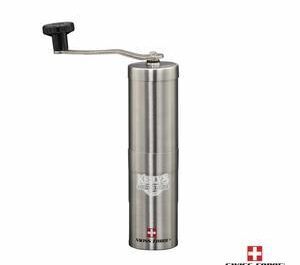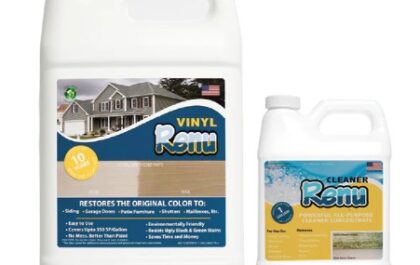Is your refrigerator giving you the cold shoulder? Don’t worry, you’re not alone. Refrigerators are an essential appliance in every household, but they can sometimes encounter problems that leave you with a warm fridge and spoiled food. In this blog post, we’ll explore the five most common refrigerator problems and provide you with practical solutions to fix them. So grab your toolbox and get ready to save your fridge from the brink of disaster!
Inconsistent Temperature
Maintaining the right temperature in your refrigerator is crucial for preserving food. If you notice fluctuations, start by checking the thermostat settings. Ensure the vents are unblocked, allowing proper air circulation. In case the issue persists, a faulty thermostat or condenser fan might be the culprit. Consult your appliance manual for specific instructions on adjusting or replacing these components.
Excessive Frost Buildup
Is your freezer resembling the Arctic more than a food storage unit? Excessive frost buildup can hinder your refrigerator’s efficiency. Start by checking the door seal for any gaps. If it’s compromised, replace it to maintain an airtight seal. Additionally, defrost your freezer regularly to prevent ice accumulation. If the problem persists, it could be a faulty defrost timer or heater, which may require professional assistance.
Water Leaks
Discovering puddles around your refrigerator is never a pleasant surprise. Check the water supply line for any visible cracks or leaks. Tighten any loose connections and inspect the water filter for clogs. If the issue persists, it may be due to a malfunctioning water inlet valve, necessitating a replacement. Regularly inspecting and maintaining these components can prevent potential water damage.
Unusual Noises
Is your once-silent refrigerator now producing mysterious sounds? A variety of issues could be causing these disruptions. Start by checking for any loose or vibrating parts, such as the condenser fan or compressor. If the noise persists, it might indicate a faulty motor or evaporator fan. Refer to your refrigerator’s manual for guidance on locating and addressing these components for a quieter, more efficient appliance.
Malfunctioning Ice Maker
If your ice maker is producing less ice or none at all, it’s time to investigate. Check for any ice blockages in the water line or ice maker itself. Inspect the water inlet valve for any malfunctions, and ensure the freezer temperature is adequately low. If problems persist, the ice maker module, motor, or thermostat may need attention. Refer to your appliance manual for detailed troubleshooting steps.
Conclusion
Don’t let refrigerator problems spoil your food or your day. By addressing these common issues promptly, you can extend the lifespan of your appliance and ensure it runs at peak efficiency. Regular maintenance and timely repairs will not only save you money but also keep your kitchen running smoothly. Remember, a little troubleshooting today can prevent a major breakdown tomorrow.
Related posts
Hot Posts
Kream Live Resin Disposable: The Ultimate Convenience in Cannabis Consumption
In the evolving world of cannabis products, Kream Live Resin Disposable vapes have emerged as a game-changer for enthusiasts seeking…
Understanding The Top Challenges With Asset And Inventory Counts
Do you run a retail store, warehouse, manufacturing business, restaurant, pharmacy, or technology firm? If yes, then there’s a big…
Best French Press: The Perfect Addition to Your Kitchen Accessories
When it comes to enhancing your coffee-making experience, the Best French Press stands out as a must-have in your…
Enhancing Your Home with Bamboo Wood Stain and Vinyl Siding Restorer
In the realm of home improvement, the significance of selecting the right materials and finishes cannot be overstated. Among the…





